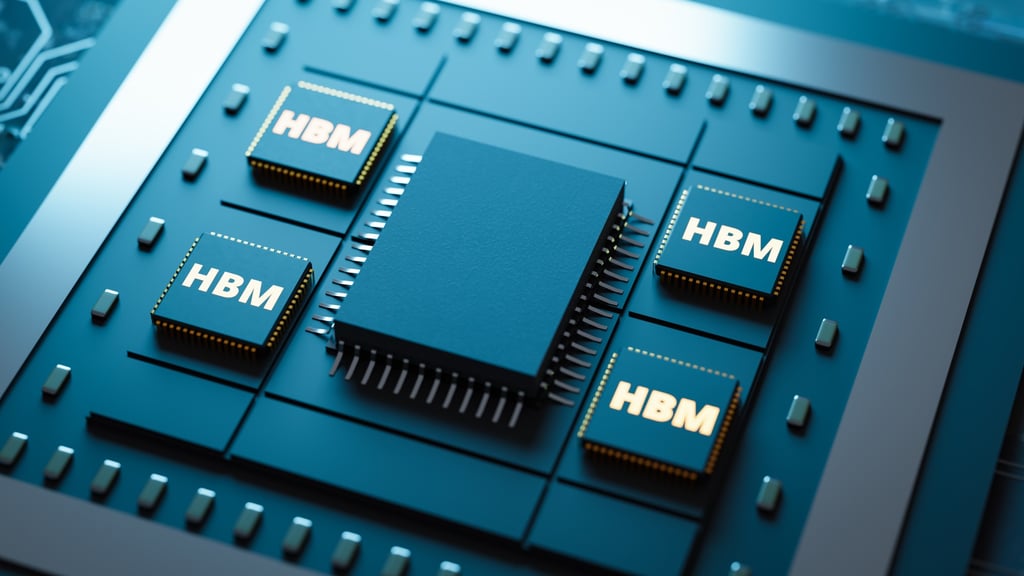Advertisement
China may miss booming global market for high-bandwidth memory chips, BofA analyst says
- China’s semiconductor supply chain is still insufficient for high-end memory chip fabrication
Reading Time:2 minutes
Why you can trust SCMP
3

Iris Dengin Shenzhen
Surging demand for high-bandwidth memory (HBM) chips – used in data centres for artificial intelligence (AI) projects – is heating up the global semiconductor industry, but mainland China’s supply chain is not ready to reap the benefits of this booming market segment, according to a Bank of America (BofA) analyst.
Advertisement
“Memory chips are experiencing a significant impact from the rise of AI, with the main driver currently being the demand for HBM in data centres, but not yet from smartphones,” Simon Woo, managing director and coordinator of Asia-Pacific Technology Research at BofA Securities, told the South China Morning Post on Friday.
That is projected to result in about an 80 per cent revenue growth for the global memory chip market this year, compared with the low base last year, according to Woo.
Advertisement
HBM chips, which are typically bundled with AI accelerators such as Nvidia’s H100 graphics processor unit, are an indispensable component for developing large language models, the technology behind generative AI services such as OpenAI’s ChatGPT. This market segment is dominated by South Korea’s SK Hynix, which has a 50 per cent global market share, followed by Samsung Electronics and US-based Micron Technology.

Mainland China currently accounts for about 30 to 35 per cent of global memory consumption, according to Woo. Under current market conditions, “China will rely more on Korean memory chips as its AI ecosystem grows”.

Advertisement